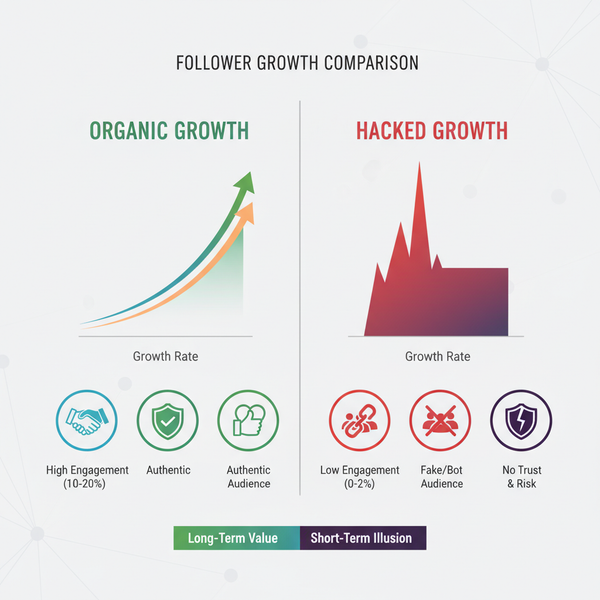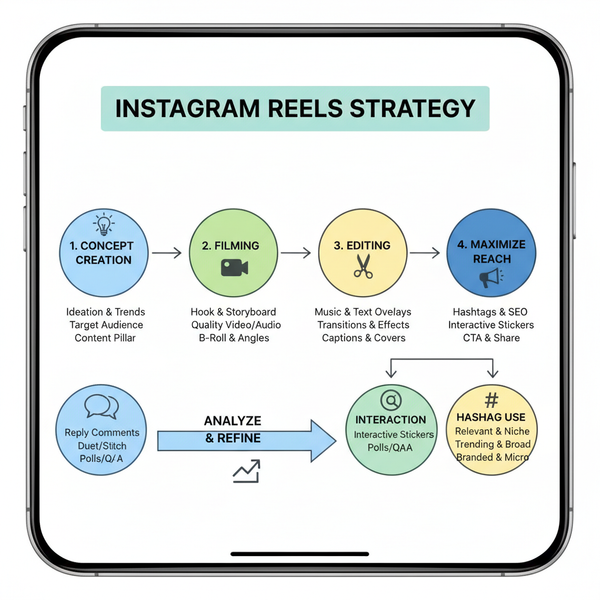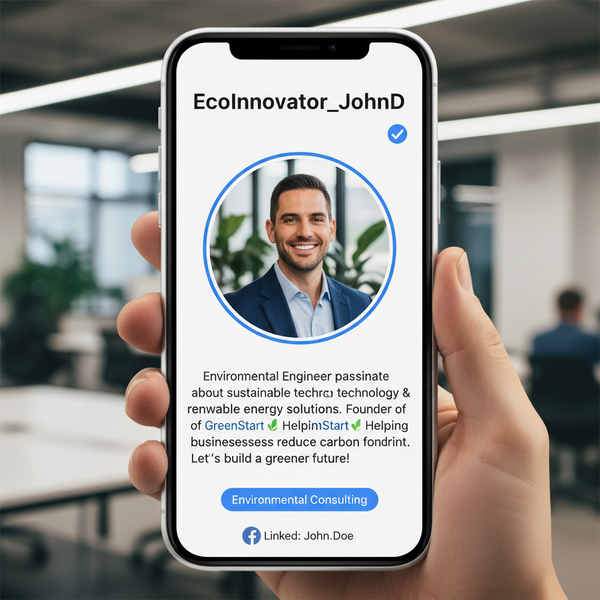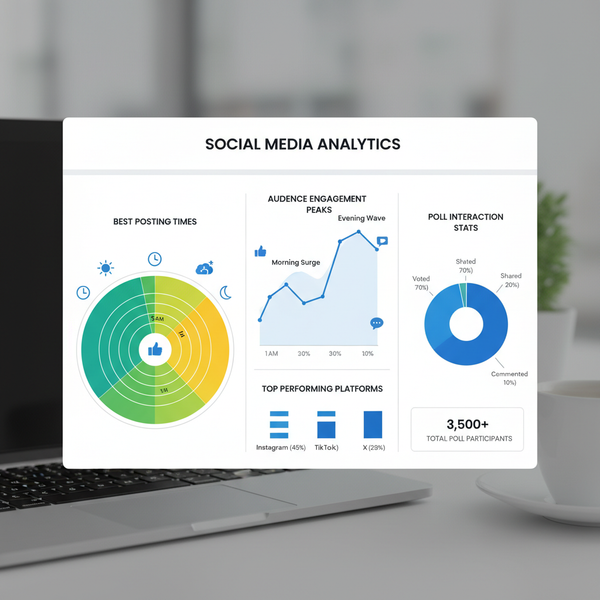Facebook vs Bluesky Comparison: Features, Privacy, Users
Compare Facebook and Bluesky on features, privacy, user demographics, and feed control to help choose the right social platform for your needs.
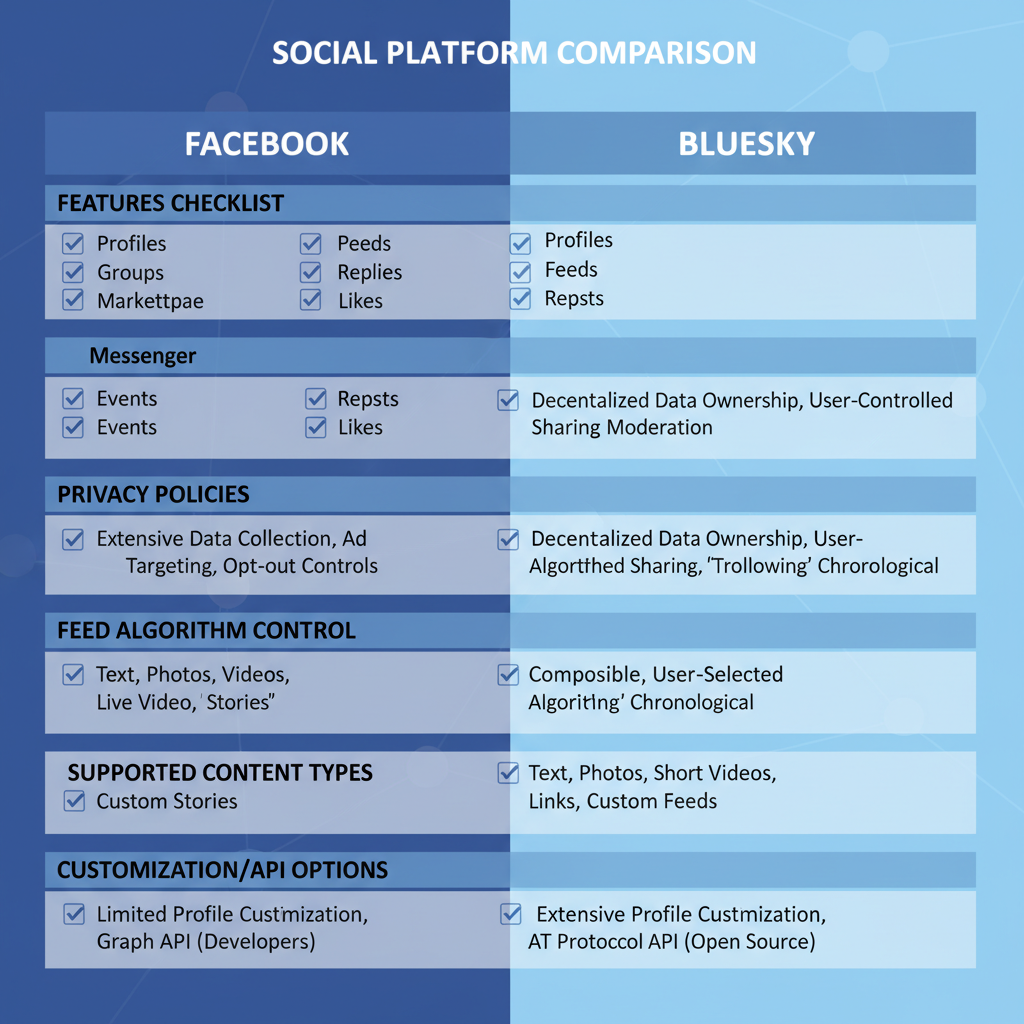
Facebook vs Bluesky: Complete Comparison of Features, Privacy, and User Experience
The rise of decentralized social media platforms has sparked fresh debates in the tech and marketing communities. In this Facebook vs Bluesky guide, we’ll examine how these two networks differ in purpose, user base, content formats, privacy protections, and monetization options — so you can make an informed choice on where to invest your time and resources.
---
Brief Overview of Facebook and Bluesky
Launched in 2004 by Mark Zuckerberg and fellow Harvard students, Facebook quickly grew from a campus networking tool to the largest social network in the world. Now operating under Meta Platforms, Inc., it serves billions with media sharing, advertising, and community-building features.
Bluesky
Developed initially as a research project funded by Twitter in 2019, Bluesky publically launched in early 2023 under CEO Jay Graber. Built on the AT Protocol, it embraces decentralization, interoperability, and user autonomy over data, offering an alternative to traditional, centralized platforms.

---
Core Purpose and Positioning
- Facebook: Centralized multimedia social network connecting friends, families, and brands, with a strong emphasis on engagement and advertising.
- Bluesky: Decentralized social web focused on user data ownership, customizable feeds, and transparent moderation.
Facebook appeals to a mass, global audience across demographics. Bluesky attracts niche communities, especially privacy-conscious users, developers, and activists.
---
User Base and Demographics
Facebook commands nearly 3 billion monthly active users, making it a marketing powerhouse with penetration across regions and age groups. Younger audiences, however, may split their time with TikTok and Instagram.
Bluesky has a smaller but passionate user base — estimated in the low millions as of 2024 — comprised mostly of early adopters, technologists, and those seeking alternatives to corporate-controlled social networks.
| Platform | Launch Year | Active Users (2024) | Primary Demographics |
|---|---|---|---|
| 2004 | ~2.98 billion | Global, mixed age groups | |
| Bluesky | 2023 | ~2 million | Tech enthusiasts, privacy advocates |
---
Supported Content Types
Facebook offers:
- Text posts
- Photos
- Videos (including live streams)
- Stories & Reels
- Links with preview cards
- Long-form Notes
Bluesky offers:
- Short-form text posts
- Photo uploads
- Links
- Rich-text posts
While Facebook caters to diverse content formats from viral videos to long articles, Bluesky maintains a streamlined, text-first design similar to early Twitter.
---
Feed Algorithms and Control
Facebook’s feed is algorithmically curated to maximize engagement, using your activity data to surface targeted content. While effective, this approach can result in echo chambers.
Bluesky’s decentralized feed lets users select or design their own algorithms, giving greater control over what appears in their timeline and avoiding one-size-fits-all curation.
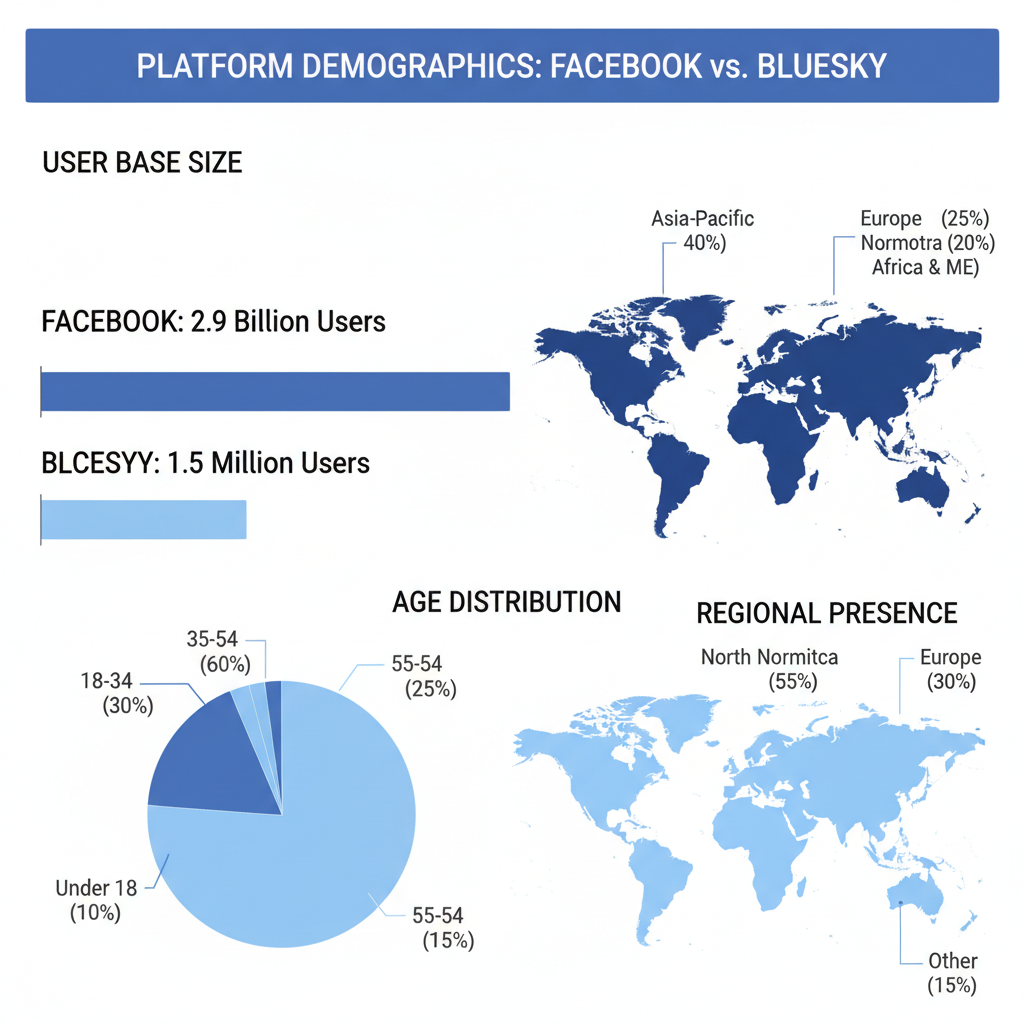
---
Privacy, Data Ownership, and Moderation
- Facebook: Centralized storage and data monetization through targeted advertising. Moderation policies are enforced according to Meta’s corporate standards.
- Bluesky: Distributed data hosting across independent servers, enabling migration and personal moderation settings.
For privacy-focused users, Bluesky’s architecture offers transparency and portability, though its moderation structures are still developing.
---
Customization and API Access
- Facebook: Limited feed customization and tightly regulated APIs. Third-party integrations exist but are subject to strict data policies.
- Bluesky: Encourages developer participation via the AT Protocol, promoting open integrations, custom feeds, and community-driven tools.
---
Monetization Models
Facebook enables:
- Ad revenue through Ads Manager
- Brand sponsorships
- Paid subscription groups
- Ticketed virtual events
- Facebook Marketplace sales
Bluesky enables (current/future potential):
- Direct audience interactions without algorithmic suppression
- Paid feed algorithms
- Server-specific sponsorships
- Crowdfunding via embedded payment links
Facebook delivers mature monetization systems, while Bluesky’s opportunities are emerging alongside its growth.
---
User Experience and Platform Design
Interface & Speed:
Facebook is feature-rich but can feel cluttered. Bluesky’s minimalist UI supports faster navigation.
Cross-Platform Reach:
Facebook operates seamlessly across web, iOS, and Android, and ties into other Meta products. Bluesky is available on web and mobile apps, with integrations steadily expanding.
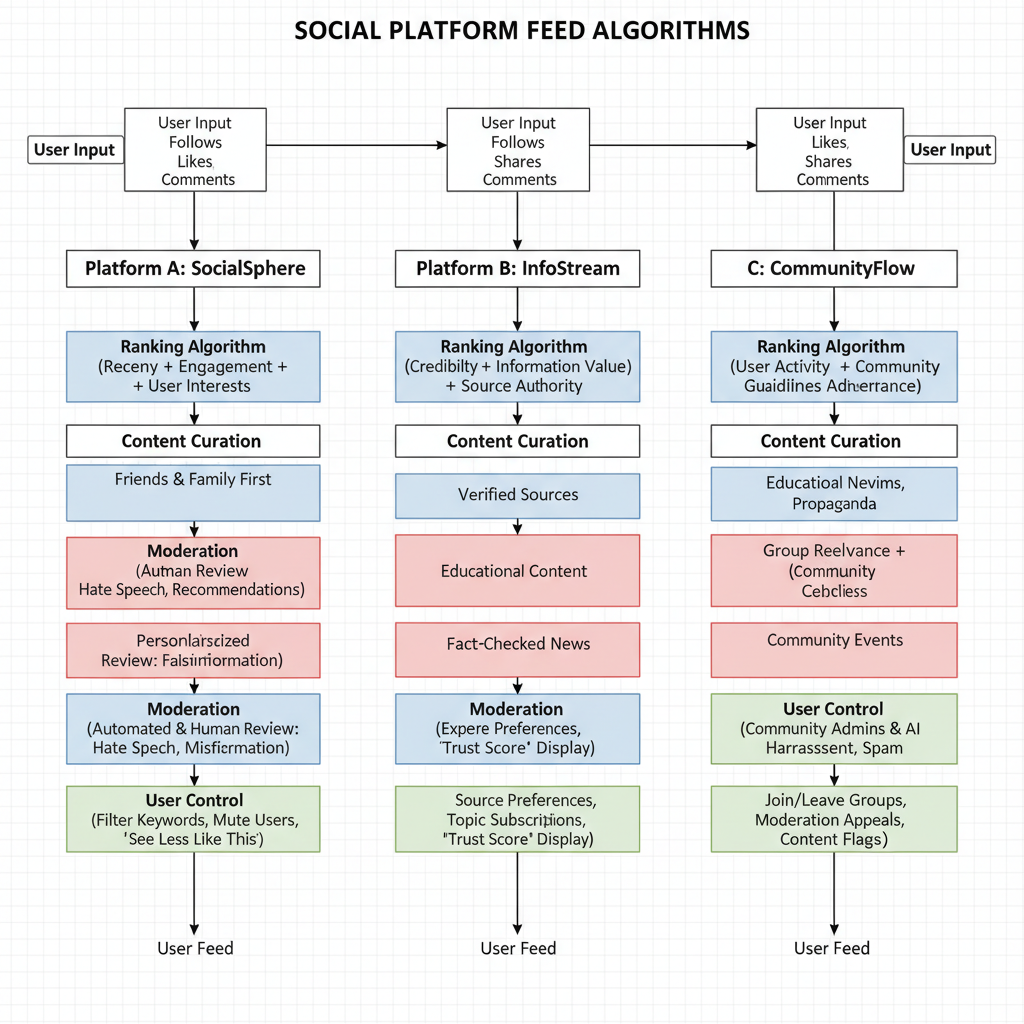
---
Pros and Cons of Facebook
Pros:
- Enormous global audience
- Diverse content options
- Sophisticated ad targeting
- Established monetization pathways
Cons:
- User privacy issues
- Algorithm bias in feeds
- Potential engagement bubbles
- Limited personalization of feed algorithms
---
Pros and Cons of Bluesky
Pros:
- Decentralized data ownership
- Customizable feed algorithms
- Minimal corporate interference
- Developer-friendly ecosystem
Cons:
- Smaller audience reach
- Fewer content tools
- Nascent monetization
- Lower brand recognition
---
Audience and Goal Alignment
- Mass-market brands → Facebook’s reach and ad tools
- Privacy-focused communities → Bluesky’s autonomy
- Revenue-driven creators → Facebook’s monetization features
- Technical innovators → Bluesky’s open protocol
| Goal | Recommended Platform | Reason |
|---|---|---|
| Global product marketing | Largest user base, targeting capabilities | |
| Collaborative tech projects | Bluesky | Open APIs, decentralized hosting |
| Privacy-first networking | Bluesky | User-controlled data and moderation |
| Immersive storytelling | Rich multimedia support |
---
Future Outlook
Facebook will keep advancing AI-driven personalization, expand e-commerce offerings, and weave social connections into metaverse applications.
Bluesky could lead in decentralized networking if adoption broadens, setting a precedent for interoperable social media platforms.
---
Summary & Next Steps
Ultimately, your choice in the Facebook vs Bluesky comparison hinges on priorities: Facebook’s scale and ad infrastructure versus Bluesky’s decentralized, privacy-friendly ecosystem. If you value reach and proven monetization, Facebook stands out; if you seek control, customization, and transparency, Bluesky has compelling advantages.
Call to Action:
Assess your audience’s preferences and experiment with both platforms. Early adoption of Bluesky and strategic use of Facebook can position your brand at the forefront of evolving social media landscapes.

